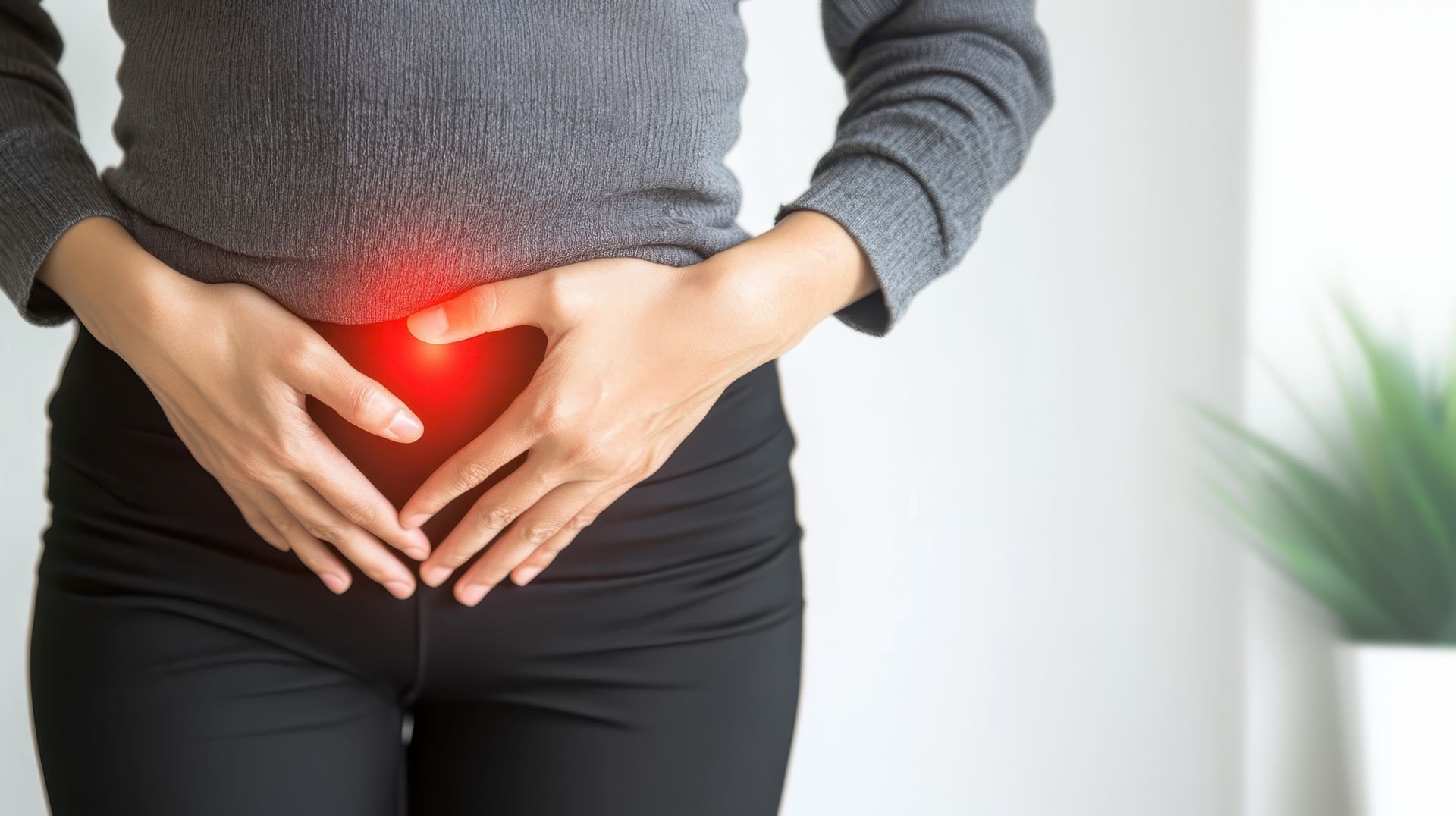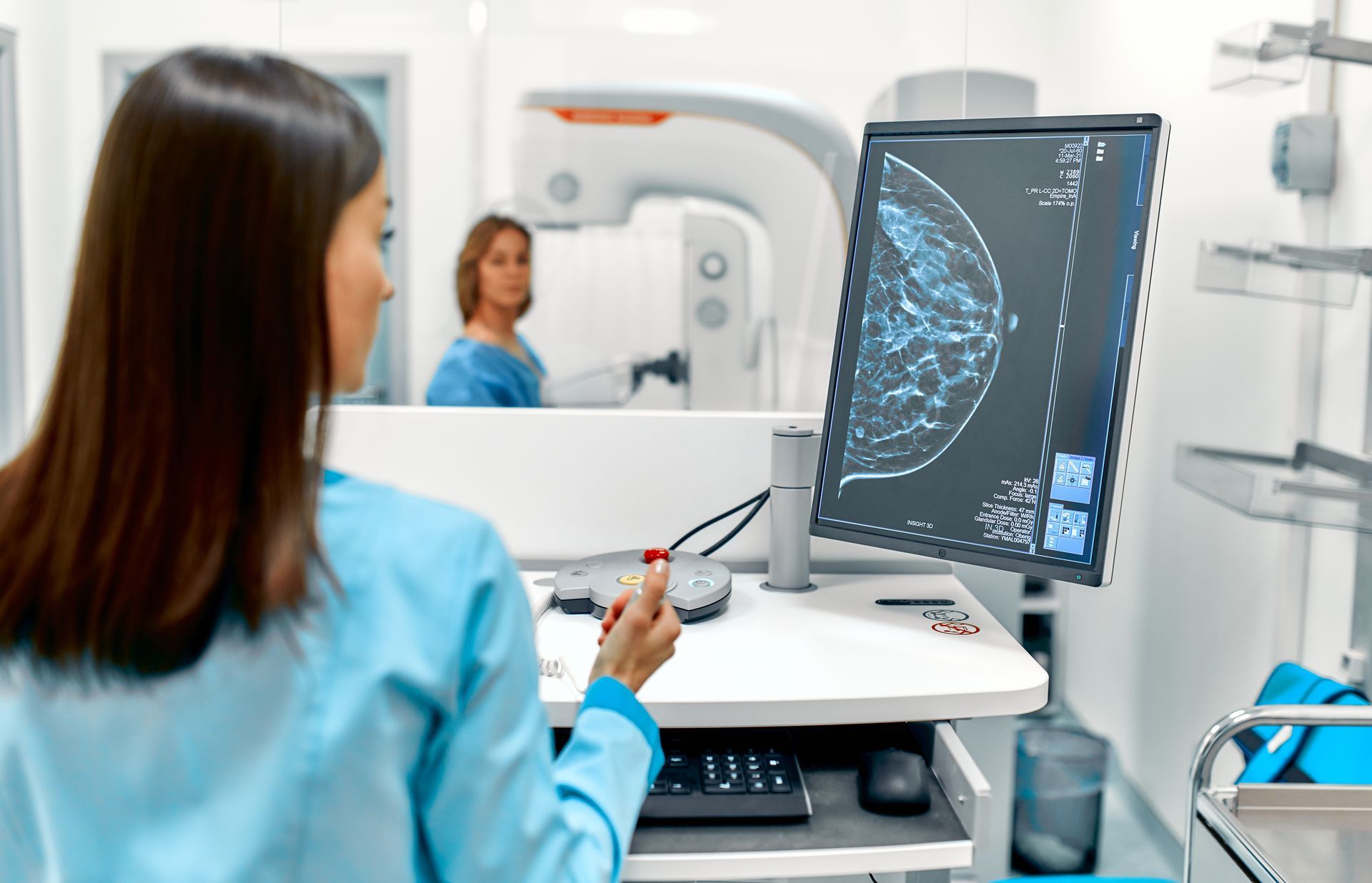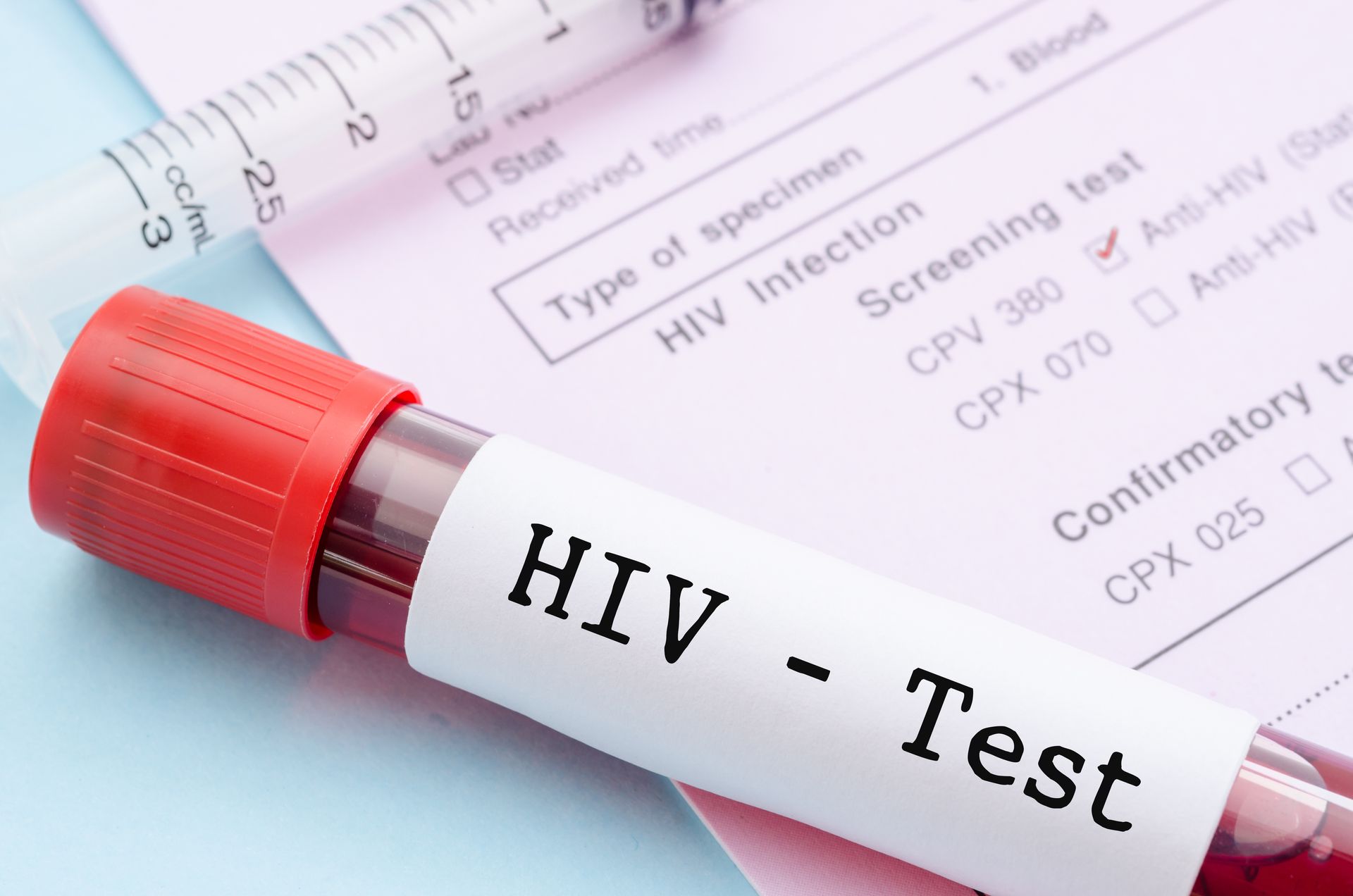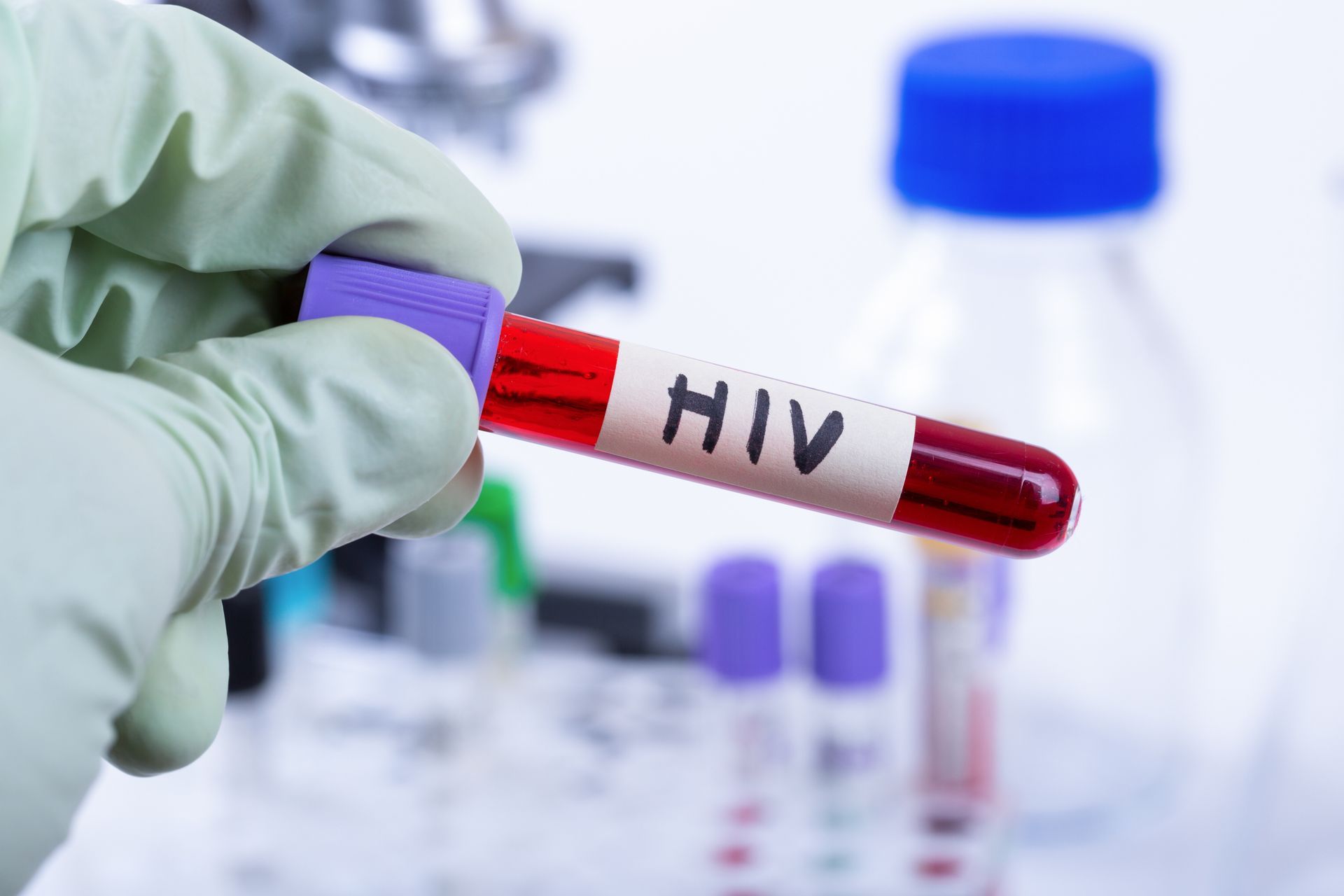Recent Posts
Can You Get a UTI Without Having Sex? What Causes It and When to See a Doctor

If you’ve ever had a urinary tract infection (UTI), you know how uncomfortable and disruptive it can be. One common myth we hear at St. Hope Healthcare is that UTIs only happen after sex. While sexual activity can increase your risk of a UTI, it’s far from the only cause. In fact, many people get UTIs without being sexually active at all.
What Is a UTI?
A urinary tract infection happens when bacteria (most commonly E. coli) enter the urinary system. This system includes:
- The urethra (the tube urine exits from)
- The bladder
- The ureters (tubes connecting the kidneys to the bladder)
- The kidneys
Most UTIs affect the lower urinary tract, the bladder and urethra, but if left untreated, they can travel upward and lead to serious kidney infections.
Non-Sexual Causes of UTIs
Poor Bathroom Hygiene
Wiping from back to front can drag bacteria from the anus toward the urethra, especially in women, whose urethra is shorter and closer to the rectum. Always wipe from front to back and teach children the same early on.
Holding in Urine
Waiting too long to urinate can give bacteria more time to multiply in the bladder. Empty your bladder regularly, especially after waking up, before bed and after long outings.
Not Drinking Enough Water
Low fluid intake means you’re not flushing out your urinary tract often enough. Concentrated urine can also irritate the bladder lining. Aim for at least 6–8 glasses of water daily, unless your doctor has advised a fluid restriction.
Constipation
Constipation can put pressure on the bladder and urethra, disrupting the normal flow of urine and increasing infection risk. Eat fiber-rich foods and stay hydrated to keep your digestive system moving.
Menopause or Hormonal Changes
Lower estrogen levels can thin the urethral lining and reduce protective vaginal flora, making infections more likely. Talk to your doctor about vaginal estrogen creams or other options if you’re prone to UTIs after menopause.
Urinary Catheters or Incontinence Products
People who use urinary catheters, adult diapers or who experience incontinence are more vulnerable to bacterial growth. Change incontinence products often and follow strict hygiene practices when using catheters.
Medical Conditions
Diabetes, neurological conditions or structural issues in the urinary tract can also increase the risk of UTIs. If you have a chronic condition and experience frequent UTIs, talk to your provider about long-term management strategies.
When Is Sex a Factor?
Sexual activity can introduce bacteria into the urinary tract, especially if:
- You don’t urinate soon after intercourse
- You use spermicides, which can disrupt vaginal pH
- You have multiple or new partners
However, UTIs related to sex are just one type, many people who are not sexually active still get them. That includes:
- Children
- Postmenopausal women
- Men with enlarged prostates
- People with mobility issues or chronic illness
Signs You Might Have a UTI
Although testing is necessary to confirm a UTI and rule out other conditions, people who have one often recognize it early due to the disruptive and uncomfortable symptoms. If you notice any of the following symptoms, it’s time to contact a healthcare provider:
- Burning or pain while urinating
- A frequent or urgent need to urinate
- Cloudy or strong-smelling urine
- Pelvic discomfort or pressure
- Blood in the urine (in some cases)
If you develop fever, chills or back pain, it could be a sign the infection has reached your kidneys; seek medical attention immediately.
Why You Shouldn’t Try to “Wait It Out”
Untreated UTIs can lead to:
- Worsening pain
- Kidney infections
- Sepsis (in extreme cases)
- Recurrent infections
Some mild UTIs may improve on their own, but most need antibiotics to clear completely. Delaying treatment increases the risk of complications and may require stronger medications later on.
How UTIs Are Treated
At St. Hope Healthcare, we treat UTIs with:
- A urine test to confirm infection
- A short course of targeted antibiotics
- Pain relief if needed
- Preventive advice to avoid recurrence
We can also discuss lifestyle changes or further testing if UTIs become a frequent problem.
Stay Informed, Stay Empowered
You can get a UTI without having sex, and it’s nothing to be embarrassed about. More than 50 percent of women will have a UTI at least once in their life, and UTIs account for an estimated 8 to 10 million doctor visits in the U.S. every year.
Bacteria don’t care whether you’re single, partnered, young, old, or sexually active. And although they are far more common in women, they can happen to virtually anyone. What matters is taking symptoms seriously and getting the care you need quickly.
Get Diagnosis and Treatment for UTIs in Houston Without Delay
At St. Hope Healthcare, we believe in compassionate, judgment-free care. If you think you have a UTI or if you’re dealing with frequent infections, we’re here to help. With same-day appointments, on-site lab testing, and experienced providers who listen, you can feel better faster.
Call (713) 778-1300 or schedule your visit today and let us help you restore your comfort and confidence.









